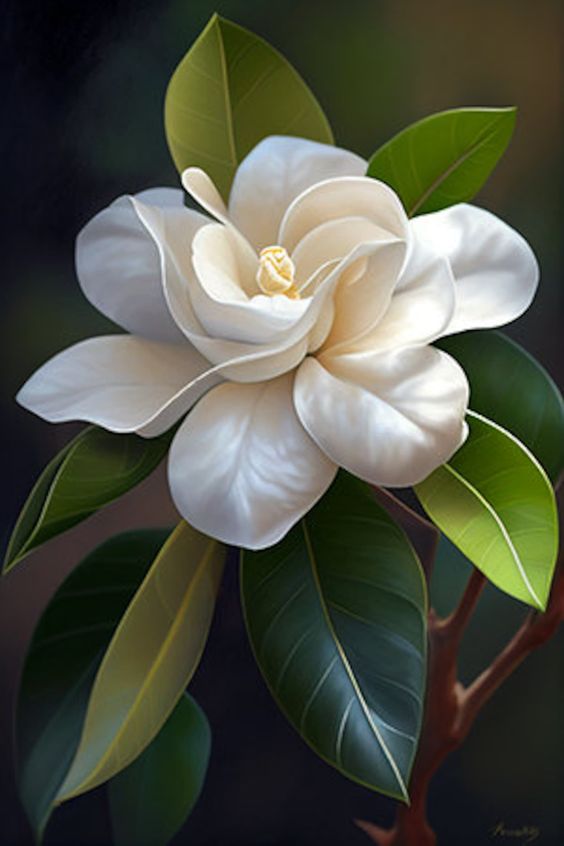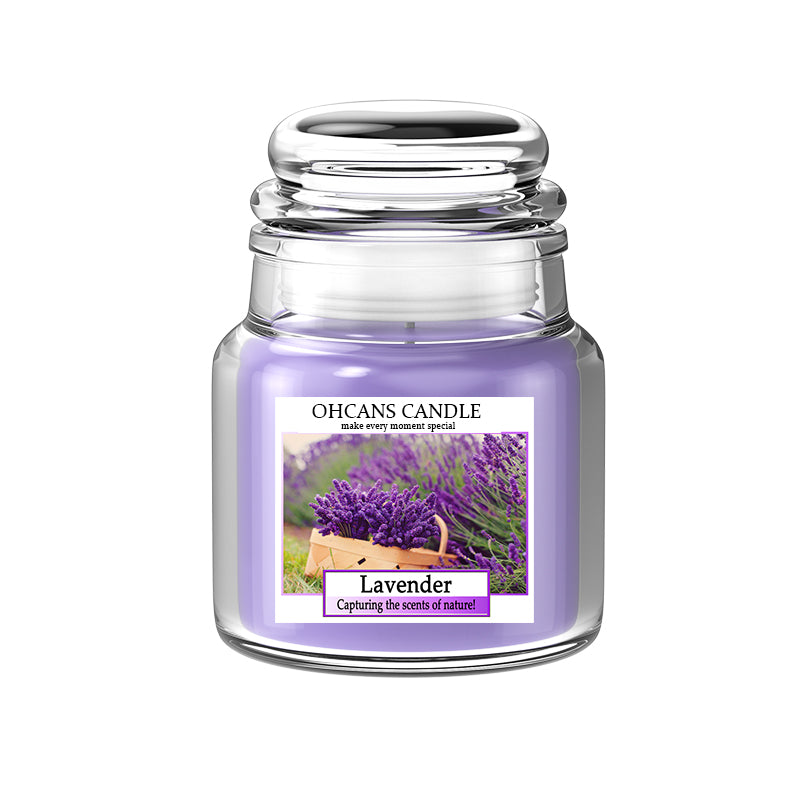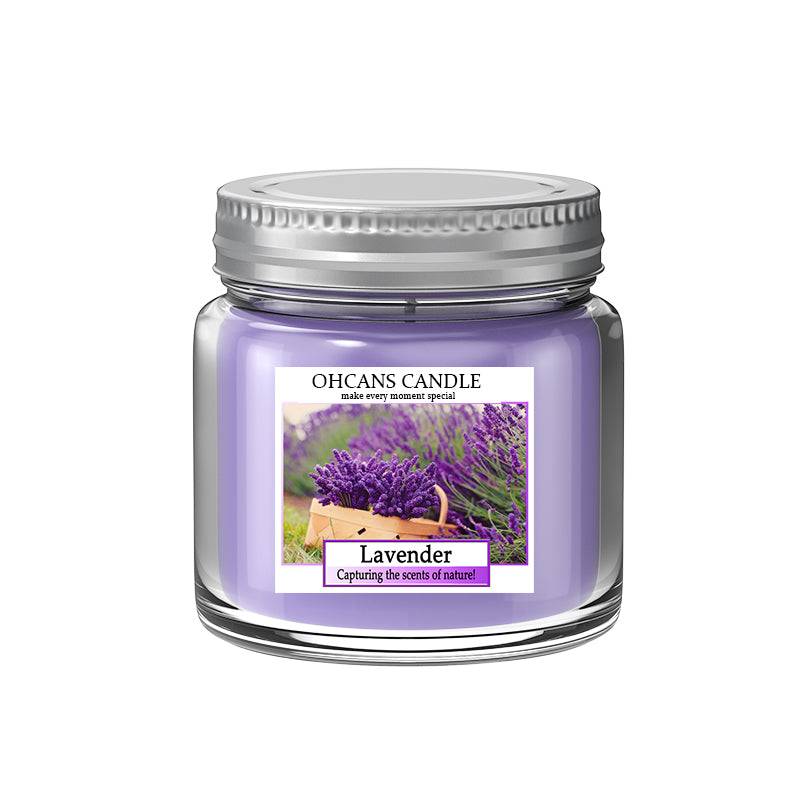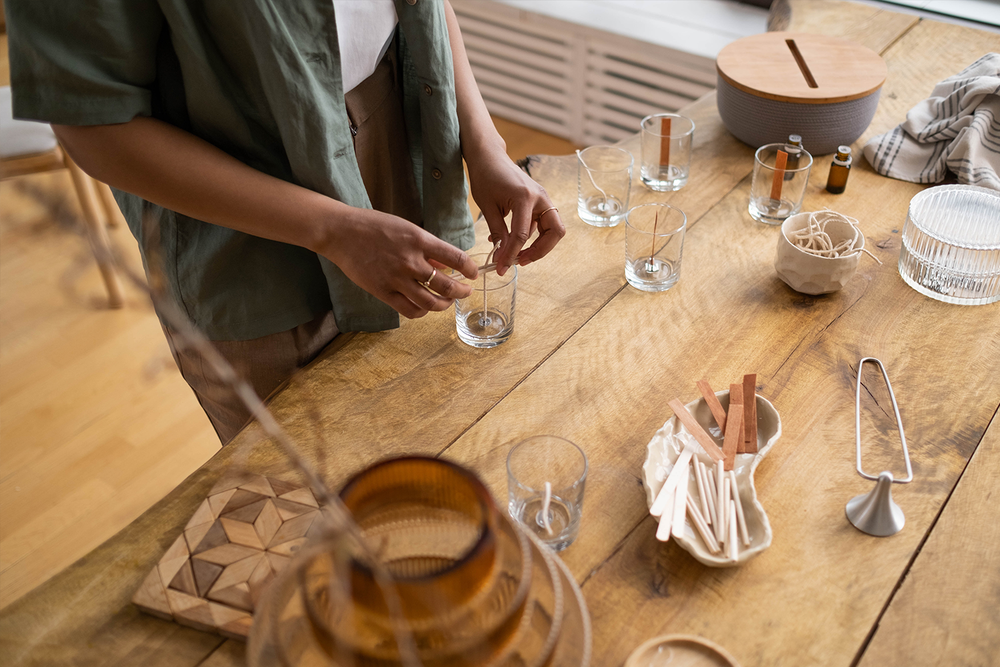Understanding Yellowing Gardenia Leaves: Causes and Solutions

Gardenia Leaves
Causes of Yellowing
When gardenia leaves start turning yellow, it's a sign that the plant may be experiencing some underlying issues. Understanding the reasons behind this discoloration is crucial for maintaining the health and vibrancy of your gardenia foliage. Nutrient deficiencies, improper pH levels in the soil, and inadequate watering can all contribute to the yellowing of gardenia leaves. Identifying these causes is essential for addressing and resolving the problem effectively.
Causes of Yellowing
Nutrient Deficiencies
When gardenia leaves begin to yellow, it can be an indication of underlying issues such as soil acidity, inadequate nutrition, or improper watering. Identifying and addressing nutrient deficiencies is crucial for resolving the problem effectively. Gardenias require specific nutrients to maintain their lush green foliage, and a lack of these essential elements can lead to leaf discoloration. By ensuring the soil is enriched with the necessary nutrients, gardeners can promote healthy growth and prevent the yellowing of gardenia leaves.

Improper pH Levels
Improper pH levels in the soil can directly contribute to the yellowing of gardenia leaves. Monitoring and adjusting the soil's pH is essential for preventing leaf discoloration. Gardenias thrive in slightly acidic soil, typically with a pH range between 5.0 and 6.5. When the soil pH deviates from this range, it can impact the plant's ability to absorb essential nutrients, leading to yellowing leaves. Regular testing and adjustment of soil pH levels are vital for maintaining optimal growing conditions for gardenias.
Healthy Solutions
Proactive Steps
Taking proactive steps to address the yellowing of gardenia leaves is essential for maintaining the overall health and vibrancy of the plant. Once the causes of yellowing have been identified, gardeners can take proactive measures to rectify the underlying issues. This may include addressing any nutrient deficiencies by enriching the soil with essential elements such as nitrogen, phosphorus, and potassium. Additionally, adjusting the pH levels of the soil to ensure it falls within the optimal range for gardenias can also promote healthy growth and prevent leaf discoloration.
By taking these proactive steps, gardeners can effectively address the root causes of yellowing leaves and create an environment that is conducive to the overall well-being of their gardenias. Monitoring the plant's health regularly and implementing necessary measures promptly can significantly contribute to preventing and resolving issues related to leaf discoloration.

Adequate Nutrition and Watering
Maintaining adequate nutrition and watering practices is fundamental in caring for gardenias and preventing leaf discoloration. Ensuring that the soil acidity is monitored and adjusted as needed, along with providing a balanced fertilizer regimen, promotes healthy growth and vibrant foliage. Proper watering techniques, such as ensuring consistent moisture without waterlogging, are also crucial for maintaining optimal conditions for gardenias.
Understanding the reasons for yellowing leaves allows gardeners to troubleshoot effectively, resulting in thriving gardenias with lush green foliage.
Understanding Discoloration
Preventing Leaf Discoloration
To prevent the yellowing of gardenia leaves and maintain vibrant, healthy foliage, gardeners can implement proactive measures. Regularly monitoring the soil acidity and adjusting it as necessary is crucial for creating an optimal growing environment for gardenias. Additionally, providing a balanced fertilizer regimen that includes essential nutrients such as nitrogen, phosphorus, and potassium promotes lush green foliage and prevents discolored gardenia foliage.
Adequate watering practices also play a significant role in preventing leaf discoloration. Ensuring consistent moisture levels without waterlogging the soil is essential for maintaining optimal conditions for gardenias. By understanding the reasons behind yellow gardenia leaves, gardeners can take proactive steps to create an environment that fosters the overall health and vibrancy of their plants.
Troubleshooting Gardenia Health Problems
Understanding the underlying causes of gardenia leaf yellowing enables gardeners to effectively troubleshoot and address plant health issues. By identifying nutrient deficiencies, improper pH levels, or inadequate watering as potential culprits, gardeners can take targeted action to rectify these problems. This knowledge not only saves time and frustration but also contributes to the long-term well-being of gardenias by fostering thriving, healthy plants with vibrant green foliage.
Why Are Gardenia's leaves Yellow?
If you're noticing yellow leaves on your gardenia plants, it could be due to a lack of magnesium or iron. Here's what to do:
Magnesium deficiency: Look for yellowing at the base of branches with green tips and a dark green triangle at the leaf base. Use Epsom salts to help, but don't overdo it.
Iron deficiency: Yellowing tips with green veins and branches. Treat with chelated iron in spring for better absorption.
To fix this, add missing nutrients to the soil around the plant, starting about 5 feet away. Treating the leaves directly can help temporarily, but adjusting the soil pH for long-term health is best. Apply the nutrients about 3 feet away from the plant, where the roots spread out, for optimal absorption. Ohcans Candle also has recently released our lavender gardenia candle dedicated for woman. If you have time, please check it out.
Healthy Gardenias
Maintaining Vibrant Foliage
To ensure the continued health and vibrancy of your gardenia foliage, it is essential to maintain a consistent care routine. Regularly inspect the gardenia leaves for any signs of discoloration or nutrient deficiencies. Implement a balanced fertilizer schedule to provide the necessary nutrients for optimal gardenia foliage health. Additionally, consider using organic matter to enrich the soil and promote lush green gardenia foliage. Adequate watering practices play a crucial role in preventing leaf discoloration, so strive to maintain consistent moisture levels without waterlogging the soil. If you are ever curous how gardenia smells like, we have the answer to that as well with a specially catered blog post.




Leave a comment